Hepato-pancreato-biliary
E215: Patient Expectations about the Oncologic Benefit of Surgery Among Patients Undergoing Pancreatectomy for Pancreatic Cancer
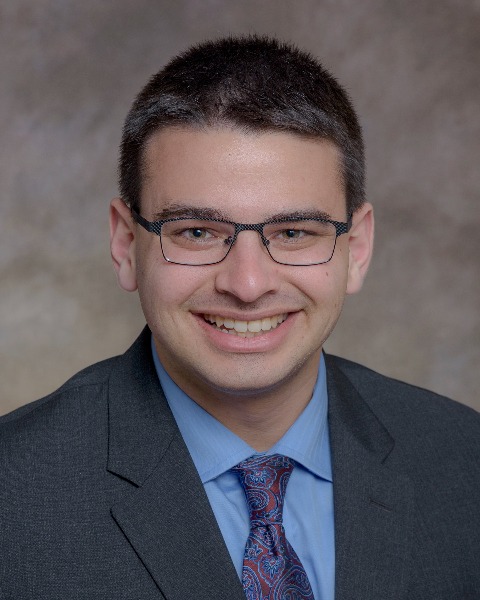
Benjamin Cher, MD, MS
General Surgery Resident
University of Wisconsin
Madison, Wisconsin, United States
Benjamin Cher, MD, MS
General Surgery Resident
University of Wisconsin
Madison, Wisconsin, United States
Benjamin Cher, MD, MS
General Surgery Resident
University of Wisconsin
Madison, Wisconsin, United States- CZ
Christopher Zimmerman, MD
Surgical Oncologist
Department of Surgery, NorthShore University Health Systems, United States - LC
Linda Cherney-Stafford, MS
Statistician
Department of Surgery, University of Wisconsin School of Medicine and Public Health, United States - DB
Daniel Bolt, PhD
Statistician
Department of Surgery, University of Wisconsin School of Medicine and Public Health, United States 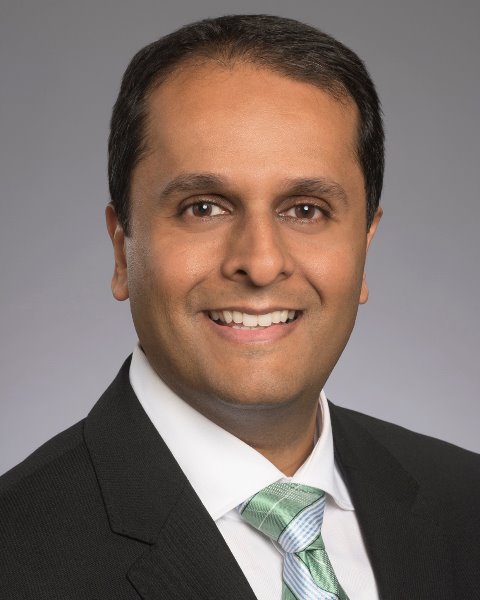
Shishir K. Maithel, MD, FACS
Professor, Department of Surgery
Winship Cancer Institute of Emory University
Atlanta, GA, United States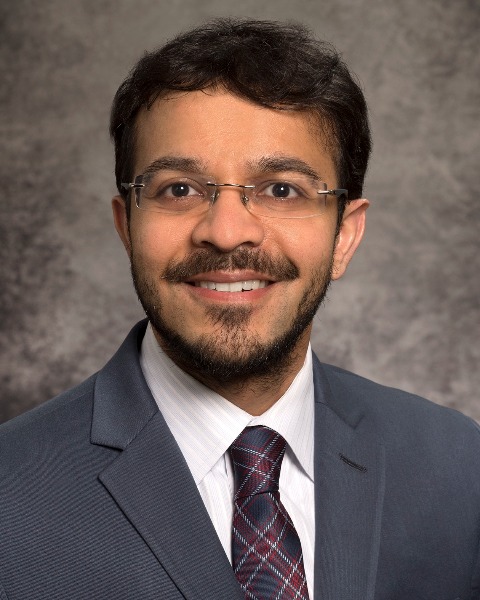
Mihir M. Shah, MD, FACS, FSSO (he/him/his)
Surgical Oncologist
Department of Surgery, Emory University, Winship Cancer Institute, Atlanta, GA, United States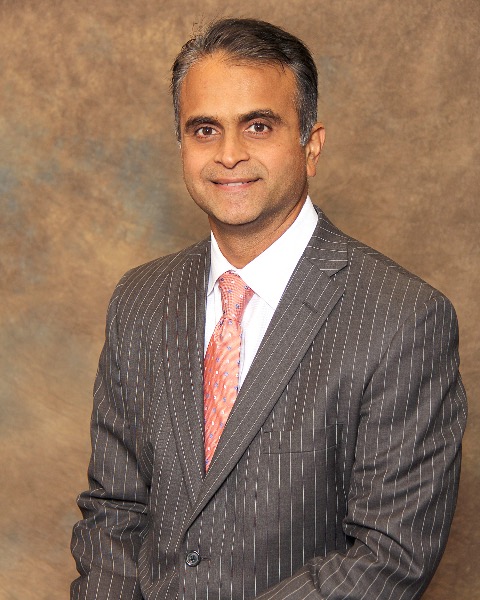
Syed A. Ahmad, MD (he/him/his)
Professor of Surgery, Director University of Cincinnati Cancer Center
University of Cincinnati Cancer Center
Cincinnati, Ohio, United States.jpg)
Sameer H. Patel, MD, FSSO (he/him/his)
Associate Professor
Division of Surgical Oncology, University of Cincinnati, Cincinnati, OH, United States, United States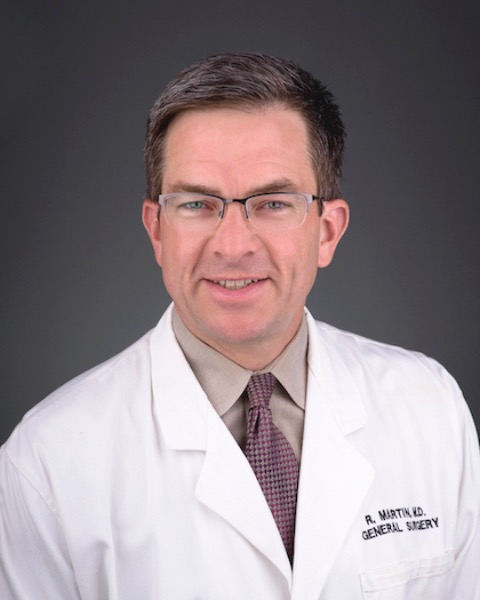
Robert CG Martin, II, MD
Surgical Oncologist
Department of Surgery, University of Louisville
Louisville, Kentucky, United States- CS
Charles Scoggins, MD
Surgical Oncologist
Department of Surgery, University of Louisville, United States - NM
Nipun B. Merchant, MD
Surgical Oncologist
Department of Surgery, University of Miami, United States - CH
Caitlin Hester, MD
Surgical Oncologist
Department of Surgery, University of Miami, United States 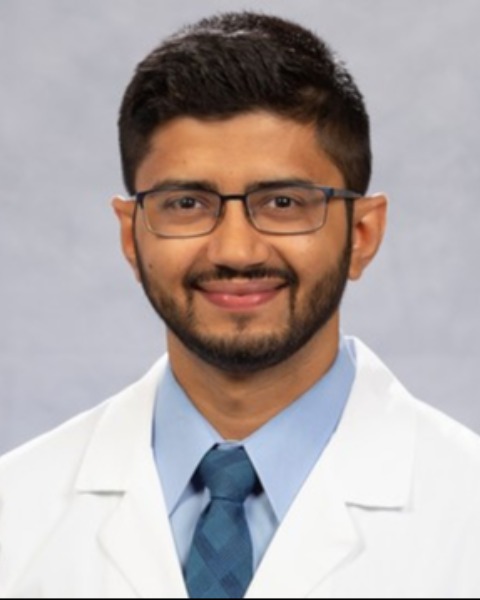
Jashodeep Datta, MD (he/him/his)
Assistant Professor of Surgery
Department of Surgery, University of Miami Sylvester Comprehensive Cancer Center
Pinecrest, Florida, United States- ML
Michael T. LeCompte, MD
Surgical Oncologist
Department of Surgery, University of North Carolina, United States 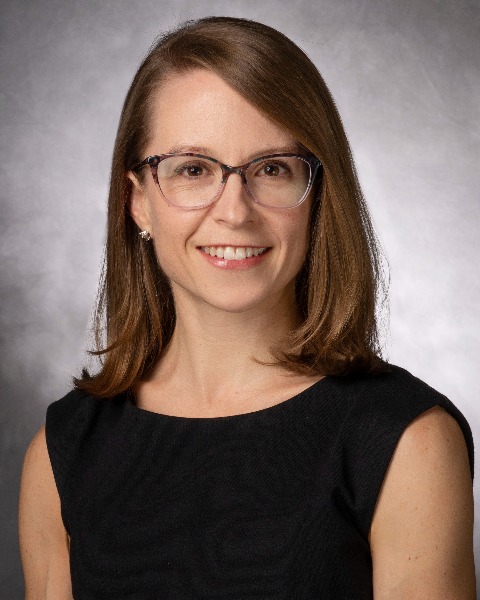
Rebecca A. Snyder, MD, MPH (she/her/hers)
Associate Professor
The University of Texas MD Anderson Cancer Center
Houston, Texas, United States- AP
Alexander A. Parikh, MD, MPH, FACS, FSSO
Chief of Surgical Oncology in the Division of Surgical Oncology and Endocrine Surgery
UT Health San Antonio MD Anderson Mays Cancer Center, United States 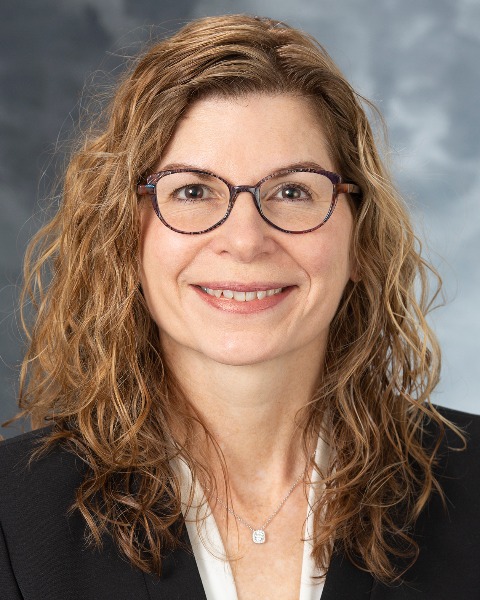
Sharon Weber, MD (she/her/hers)
Surgical Oncologist
Department of Surgery, University of Wisconsin School of Medicine and Public Health
Madison, Wisconsin, United States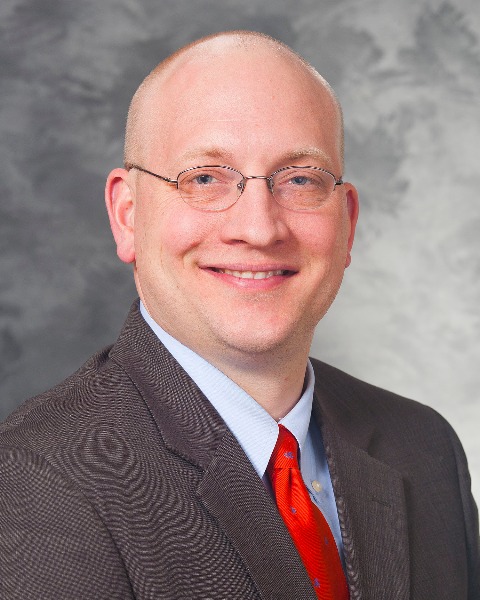
Daniel E. Abbott, MD, FACS
University of Wisconsin Carbone Cancer Center
Surgical Director of UW Health Liver and Pancreas Center
Madison, WI, United States
ePoster Abstract Author(s)
Submitter(s)
Author(s)
Methods:
A 14-question survey was constructed in collaboration with a psychometrician and distributed to patients planning to undergo pancreatectomy at eight geographically diverse institutions with high volumes of pancreatic surgery between 2020 and 2022. The survey assessed self-reported patient demographics (age, income, race, gender, marital status, education level, or type of insurance), understanding of post-resection outcomes, and perceived quality of communication with their surgeon. Responses were graded on 4- or 5-point Likert-style scales. Associations between demographics and survey responses were assessed using chi-squared and Fisher’s exact tests.
Results: Patients returned 152 surveys (response rate 39%). Average age of respondents was 60 years (SD 8.19). Most participants self-reported White (n=125, 84.5%) or Black race (n=20, 13.5%). Median self-reported annual income was $60,000. Of respondents that reported understanding the purpose of surgery, the majority believed surgery was either “somewhat likely” or “very likely” to cure their cancer (n=126, 89%), with over half (n=77, 55%) believing surgery was “very likely” to cure their cancer (Figure 1). With respect to surgeon communication, 134 respondents (89%) reported their surgeon listened carefully to them “always,” 16 respondents (11%) reported “usually,” and none reported “sometimes” or “never.” No associations were observed among demographic characteristics and understanding of post-resection outcomes.
Conclusions: Most patients undergoing pancreatectomy for PDAC express the belief that surgery is somewhat or very likely to cure their disease and most patients report high ratings of communication with their surgeon. These data suggest that while perceived communication quality is excellent, opportunities exist for surgical oncologists to improve pre-operative counseling and ensure patients have accurate information to support complex decision-making.
Learning Objectives:
- Understand that most patients undergoing pancreatectomy for PDAC express the belief that surgery is somewhat or very likely to cure their disease.
- Understand that most patients undergoing pancreatectomy for PDAC report high ratings of communication with their surgeon.
- Recognize that while perceived communication quality is excellent, opportunities exist for surgical oncologists to improve pre-operative counseling and ensure patients have accurate information to support complex decision-making.
